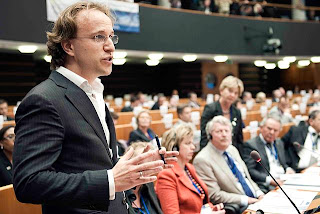It’s a shock to the world that Donald Trump has just won the Presidential election. The polls had predicted that Hillary Clinton would be on the winning podium outlining her Presidency and thanking her supporters, but Trump has managed to use his divisive policies and political campaigning to effect.
What this result has shown, and is some what similar to the Brexit vote in the UK, and the rise of support for far right parties in Europe, is that large sections of the population in these countries feel they have been failed by the established political and social institutions, even neoliberalism itself. The old political and social base has been argued as not brought prosperity to all people, especially those living in areas with high unemployment due to the closure of factories over the last few decades. So on this note, past policies by former administrations, not just President Obama have reorientated from manufacturing to a services based economy, without offering more higher education training towards this new economic structure. Although past policies can not fully take the blame, people in these areas also need to take responsibility in gaining a higher education.
In the U.S, many of the states where majority voted for Trump, the economic issues seemed to have influenced their decisions on who to vote for. With this, during economic downturn, although the worst of the global economic crisis is past us, immigration becomes a leading contentious issue, which have galvanised anti-immigration rhetoric by Trump and others in both the U.S and around the globe. The easiest way to blame an economic downturn is on claiming that immigrants have taken away jobs, but in reality ineffective policies and old societal thinking have made the present.
Furthermore, on the issue of immigration, fear has creeped into the rhetoric in both the U.S and around the world. By taking a tougher anti-immigration line, especially against Muslims, Trump has been able to influence voters fears of Islamic terrorism invading the streets of America, galvanising the minds of voters. All this fear and division, even racism was just a campaign ploy to gain voters trust. I am not saying that racism played no part in the results, as clearly a anti-foreigner stance was impliced in some voters decision making and views, although I think that most people voted on economic and anti-establishment issues, which have been more decisive in the results in both the U.S and in the rising support for far right parties around the globe.




